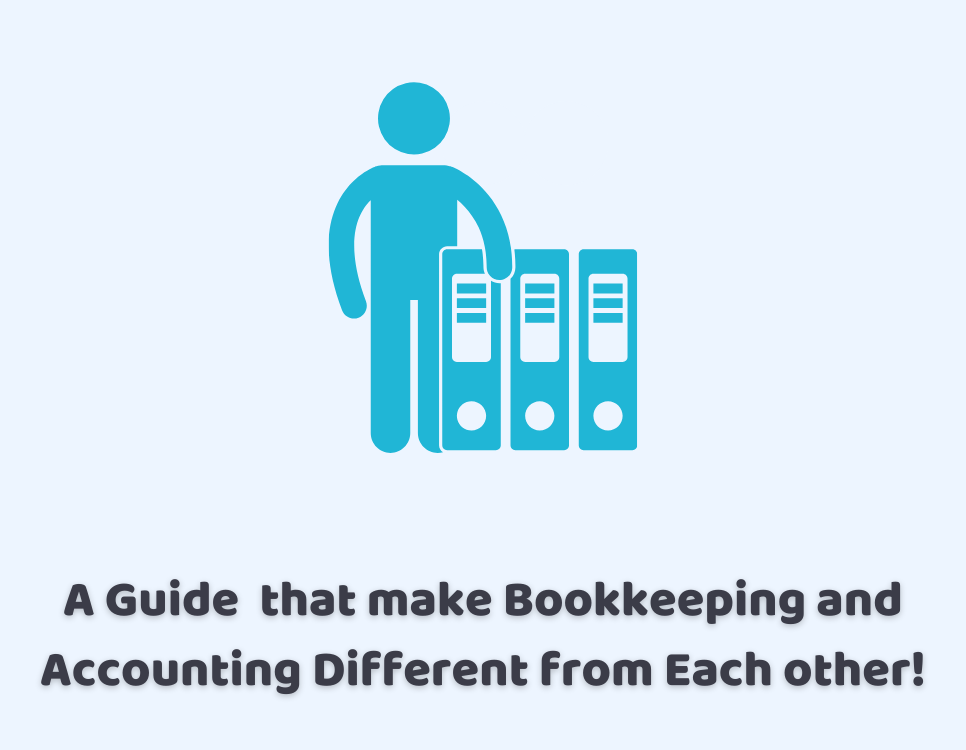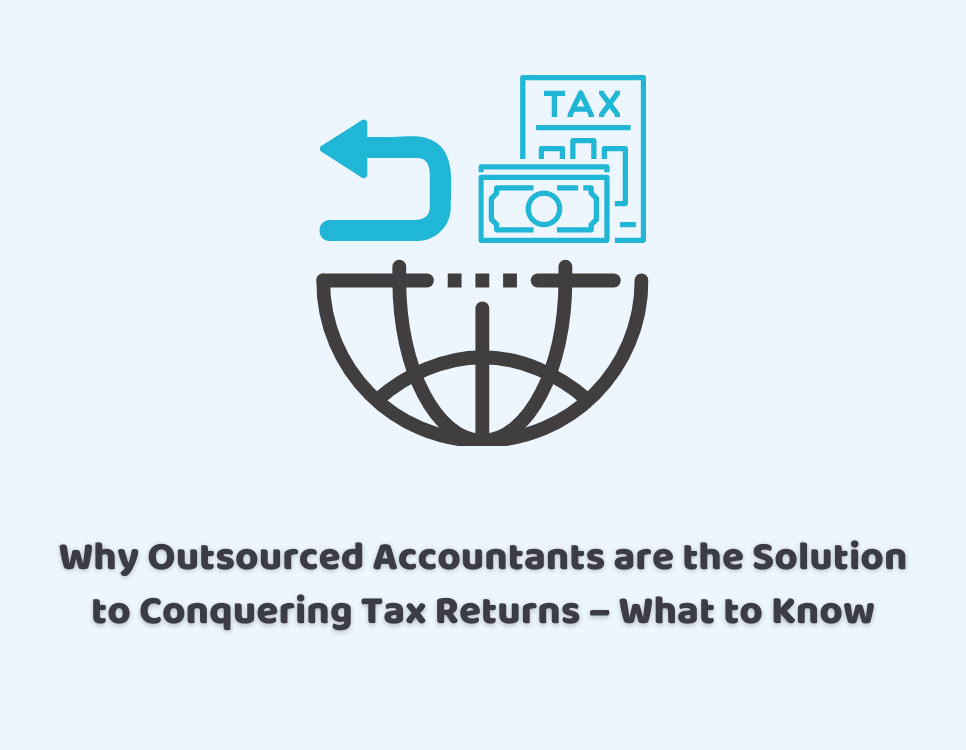
30/05/2022Accounting
Whether you are a businessman or an accountant, you do realise the importance of bookkeeping and accounting in every sector of the business. Keeping a track of the records related to money transactions has been a practice for ages on different levels. However, in this era, the practice has raised its standards and it requires speedy and seamless processing as well.
If we talk about accounting or bookkeeping, they are parts of the same family without a doubt. There are certain key functions related to this that is needed to be practised vigilantly. Moreover, in this article, we will stay focused on understanding the basic introduction of what is bookkeeping or what is accounting to be precise. There are of course some prominent factors that bring differences between both of them. We will put light on that explanation as well.
What is Bookkeeping?
Bookkeeping refers to the maintaining of records about the money transactions of your business in order to monitor the incoming and outgoing money. To have a better and clear view of the financial health of your business, the need is to monitor the money transactions on a day-to-day basis. When you are certain about your financial position in a business, this will lead you to make the right business decisions as well as handle your tax submissions with increased confidence. The job is done by the bookkeepers to handle the relevant data about daily transactions to add to the bookkeeping software.
By using this precise information about your business finances, you will be able to present summarise and give error-free and updated financial details about your business. If we focus on the job of a bookkeeper to be precise, it is often considered that they are to enter the details of the customer and the purchasing invoices. The list also includes some other typically duties like:
- Filling VAT returns
- Have control over the account balance
- Reconciling cash
- Posting Journals etc
- They are supposed to reconcile the control accounts.
- Bookkeepers are required to complete then double-entry bookkeeping.
It all depends on the role of a bookkeeper in the business as to what tasks he will carry out. The bookkeepers do it by having good use of the accounting software that you provide them. In order to ensure that the error-free data about your business finances is reaching HMRC and other required parties, it is important to ensure accurate and timely bookkeeping as well.
What is Accounting?
Accounting is all about the records of the financial details of a business and making its summary in a useful manner. This will help to make smart business decisions and interpret the data in a beneficial way. This required that the account should clearly depict the details of the following:
- How much profit is your business making?
- What is the current value of your liabilities and assets available in your company?
- What is the position of your cash flow?
Having an analysis by delving deeper into your finances, the accountant allows you to look at variances and trends with a clear view. The accounts also use the data gathered by the bookkeepers which are mostly through the accounting software. This data further helps to reflect the actual position of the business.
This could involve the year-end adjustments like stocks and prepayments as well as accrual adjustments. After all these steps, the accountant presents the data in form of year-end financial statements.
Get in touch with our accountants to get to know more about bookkeeping and its essential factors. We promise to provide instant help. Call us on 02086868876 or email us today.
Factors that make Bookkeeping and Accounting Different from Each other
There are several factors where bookkeepers and accountants overlap. In one way or another, both of them carry out the same job other than a few points. Bookkeeping is considered a part of the accounting process. The major difference is that in bookkeeping you tend to categorise and record your financial details, whereas, this gained data is further used in accounting for planning strategies.
To help you understand the differences, we have listed a few points below:
Making the Right Business Decision: With bookkeeping, you do not gather enough information to let you make your business decision. However, in the accounting process, the gathered information will help to further analyse and you are able to make your business decisions.
Required Skills: A bookkeeper should be knowledgeable about the duties of bookkeeping and accurate in the working. However, an accountant is required to have relevant experience and a degree in accounting.
Financial Details: Management of the financial information is normally not done in bookkeeping, however, the accountants are asked to manage and analyse the data to interpret it. Budget, management accounts, and financial statements are also the responsibility of the accountants.
Responsibilities: The bookkeepers give you a surety of recording the required financial data and updated filing as well. The accountants on the other hand keep monitoring the broader financial health of the business and communicate it to the management.
The Bottom Line
Finally, the discussion of bookkeeping and accounting can be summed up by saying that the challenge for a business is to seek the right kind of bookkeeper or accountant to get the job done. The business owners should consider that there possibly can be many individuals who might claim to do the bookkeeping as well as the accounting job. However, hiring a bookkeeper and expecting him to make the financial statements is not a wise decision.
We hope you have gathered enough information from this blog, to make the right business choices.
If you are still stuck with your accounts and seek professional help, get in your car and reach out for a meeting. We will love to hear out about your queries and offer instant help.
Disclaimer: The information about differences between bookkeeping and accounting explained in this blog is general in nature. It does not intend to disregard any of the professional advice.

